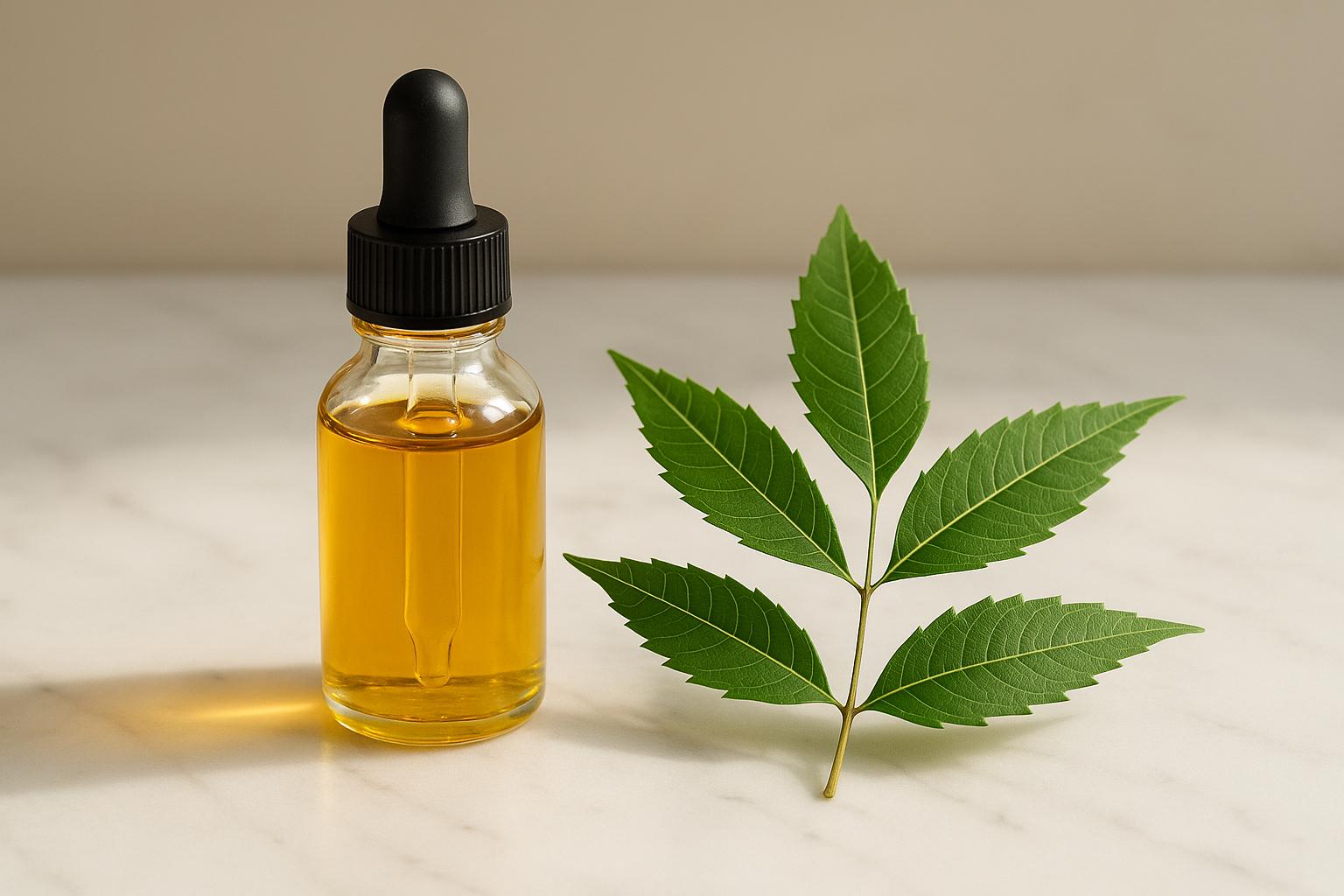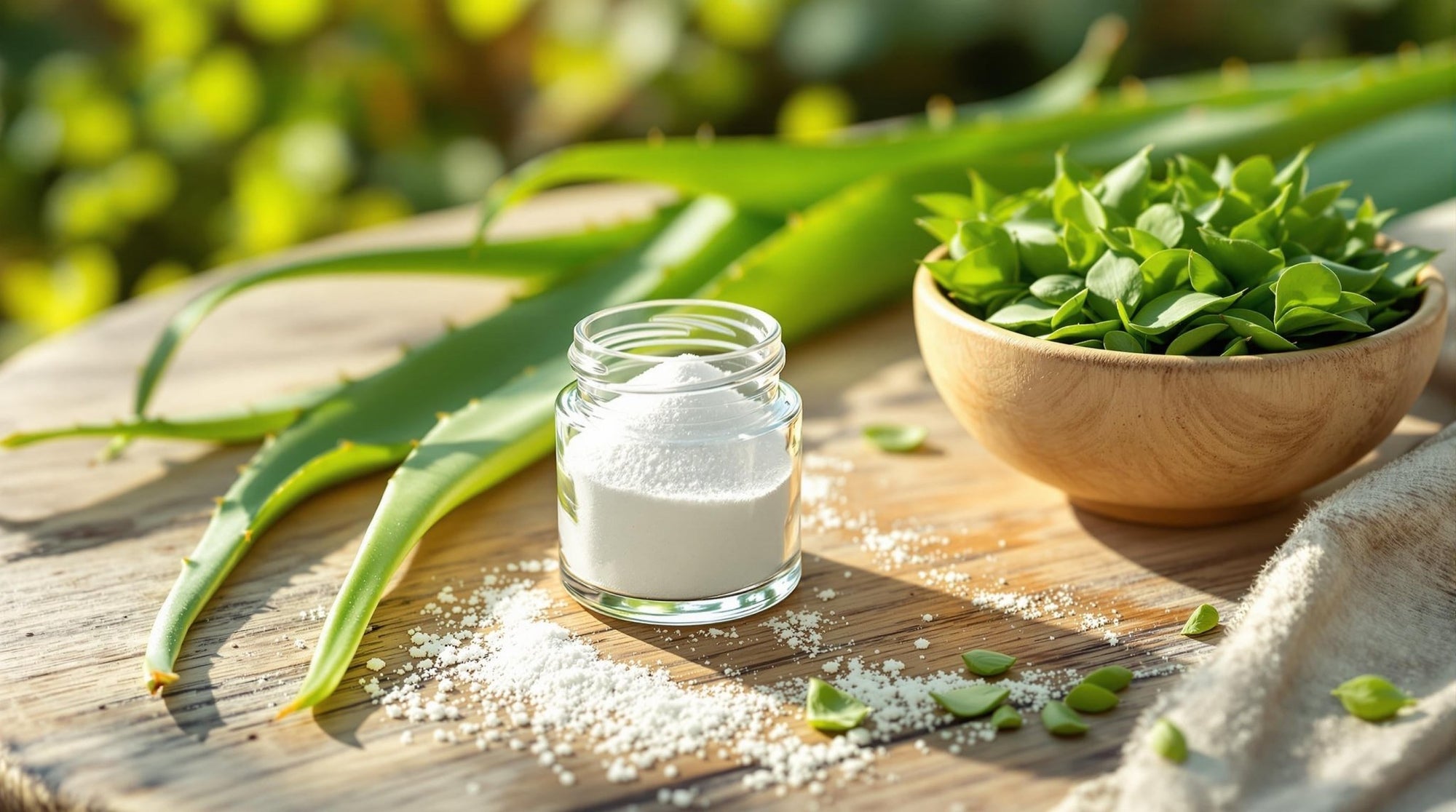Myths and Facts About Psoriasis - Part 1

In Germany, around 2.5% of residents suffer from psoriasis. That's more than some people believe. However, very few people know about psoriasis. Some have limited knowledge and psoriatics can also find many tips on the internet that are (supposedly) intended to help relieve psoriasis. A jungle of information that those affected in particular have to wade through. We have taken a close look at three myths that we have come across particularly often. We would like to convey more knowledge, awareness and acceptance for psoriasis. And who knows, maybe one or two of you will learn something new! Stay tuned for our myth check – part 1!
MYTH #1: PSORIASIS IS CONTAGIOUS
 Of course, psoriasis is not contagious! It is an autoimmune disease and comes from your own body.
Of course, psoriasis is not contagious! It is an autoimmune disease and comes from your own body.The skin is constantly renewing itself; the cells in the top layer of the skin (the epidermis) divide. It normally takes 4 weeks for these cells to migrate to the surface of the skin, where they die and harden.
In people with psoriasis, cells divide 10 times faster and it only takes four days for them to migrate to the surface of the skin. This is problematic because the dead cells cannot be rejected by the body quickly enough. The result: The affected area of skin is thicker and has more scaling than normal.
Why is that? The immune system is overactive and ramps up its immune response. This results in increased release of messenger substances that trigger the inflammatory reaction. Some of these messenger substances stimulate the horn-forming cells to multiply more quickly (1).
MYTH #2: GARLIC IS GOOD FOR PSORIASIS

That's right, garlic can have a supportive effect! Garlic contains enzymes such as allicin, which have antioxidant and anti-inflammatory properties. Regular consumption of garlic can stimulate internal antioxidant processes and reduces oxidative damage by either increasing the body's antioxidant production or reducing the production of oxidants such as oxygen-free radicals (2). However, it is not known how much garlic you should consume to determine this effect. However, it can't hurt to try it yourself!
MYTH #3: ALCOHOL HAS A NEGATIVE EFFECT ON PSORIASIS

In general it can be said: alcohol is bad for your health.
When it comes to psoriasis, alcohol has a particularly negative impact in the following circumstances: Alcohol promotes susceptibility to infections, produces inflammatory messenger substances and stimulates the proliferation of lymphocytes, which, for example, ward off infectious agents. In addition, alcohol affects the metabolism of lipids, which means that the skin barrier, which is made up of lipids, is negatively affected (3).
Sources:
- https://www.gesundheitsinformation.de/schuppenflechte-psoriasis.html#:~:text=Die%20Psoriasis%20(Psoriasis)%20ist%20one,skin%C3%A4changes%20noticeable%2C%20die%20itching%20k% C3%B6nnen.
- https://www.researchgate.net/publication/339885168_Chemical_Constituents_and_Pharmacological_Activities_of_Garlic_Allium_sativum_L_A_Review
- https://www.tandfonline.com/doi/pdf/10.2147/PTT.S164104needAccess=true&role=button



